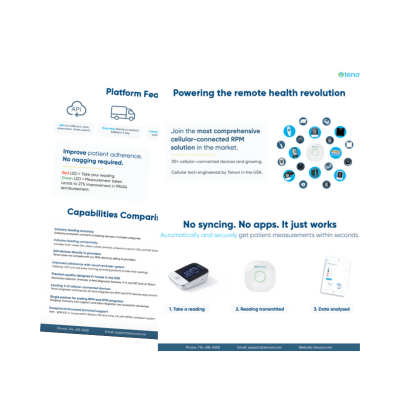The healthcare industry has recently witnessed advances in managing endocrine system disorders and arrhythmias by leveraging cutting-edge research, technology, and interdisciplinary collaboration. Molecular research plays a role in personalized medicine and managing endocrine disorders. Genomic profiling and biomarker identification aid in accurate diagnoses and tailored treatment plans for endocrine disorders.
With continued research on the management of endocrine disorders for various conditions, including diabetes, thyroid dysfunction, and adrenal disorders, patients benefit from treatments that address their unique genetic makeup.
This article explores new insights from the study Advancements in the Management of Endocrine System Disorders and Arrhythmias: A Comprehensive Narrative Review.
Innovations in Glycemic Control and Management of Endocrine Disorders
Advanced pharmaceuticals and delivery systems are also instrumental in enhancing the management of endocrine disorders such as diabetes. These innovations have led to improved glycemic control and reduced adverse effects. The result is not just better symptom management but also improvement in the quality of life for these individuals.
Arrhythmias, characterized by irregular heart rhythms, present a significant risk to cardiovascular health. The study highlights several key innovations in this field and their impact on the management of endocrine disorders. Catheter-based ablation techniques offer precise and effective interventions for arrhythmias, increasing the chances of successful treatment.
Wearable cardiac monitoring devices and AI-powered predictive algorithms have transformed early detection and risk stratification. These advancements enable healthcare providers to deliver targeted interventions promptly.
Telemedicine and Remote Monitoring
Integrating technology and telemedicine is shifting healthcare accessibility and continuity of care, particularly in the management of endocrine disorders and arrhythmias. Advancements in remote patient monitoring and telehealth consultations allow for prompt treatment adjustments. RPM and telemedicine reduce the need for frequent clinic visits to manage endocrine disorders. This development has been especially vital in the global health crisis, ensuring patients receive the care they need safely and conveniently.
Interdisciplinary Collaboration in the Management of Endocrine Disorders
The study emphasizes the importance of interdisciplinary collaboration among healthcare professionals, including endocrinologists, cardiologists, and electrophysiologists, in the management of endocrine disorders and arrhythmias. Multidisciplinary care teams have enhanced their capabilities in addressing the complex relationship between the endocrine and cardiovascular systems. This collaborative approach ensures that patients receive comprehensive and well-coordinated care, further enhancing outcomes in managing endocrine disorders.
Key Points: Telemedicine for Management of Endocrine Disorders and Arrhythmias
The study Advancements in the Management of Endocrine System Disorders and Arrhythmias underscores recent advancements in research, technology, and collaborative healthcare approaches to improve patient care. These innovations can enhance patient outcomes and quality of life and reduce healthcare costs. Healthcare providers must stay informed and adapt to these innovations to provide precise, accessible, patient-centered care in this evolving healthcare landscape. Telemedicine and remote patient monitoring, in particular, are changing how we approach endocrine disorders and arrhythmias, opening up new possibilities for improved healthcare delivery in managing endocrine disorders.
Scroll down now to subscribe to Tenovi’s Weekly Research Newsletter. If you are part of a chronic care management, telehealth, or RPM software and services company, explore Tenovi RPM solutions. Book your free demo and consultation with us today.


